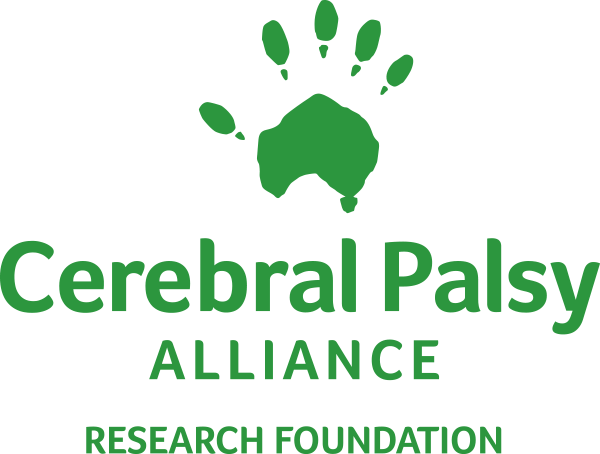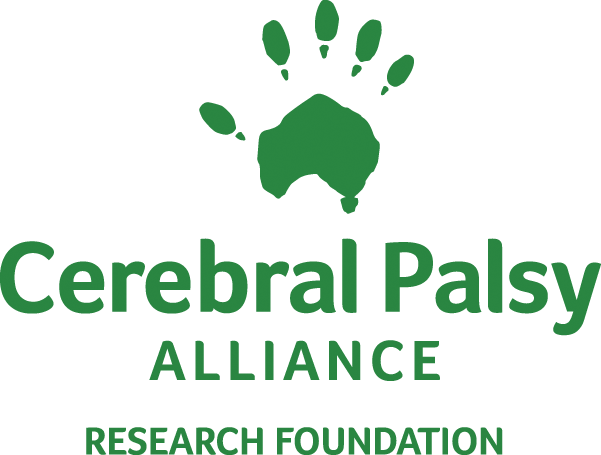These grants are awarded based on scientific merit, as determined by expert reviewers from around the world. CPARF grant funding typically begins in the calendar year following the grant round — for example, a grant awarded in 2019 would begin funding in 2020.
Thanks to your support, we can continue funding the most promising US-based researchers working to redefine what’s possible for people with cerebral palsy.
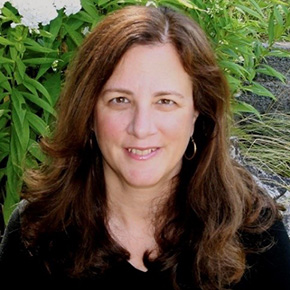
Dr. Margaret Cristofalo
Seattle University
Travel grant
The Experience of Primary Caregiving for a Child with Developmental Disability in Urban Zimbabwe
The Children’s Rehabilitation Unit (CRU) has been continuously operating in urban Harare, Zimbabwe since 1986. It provides diagnostic and therapeutic services (e.g., physiotherapy, occupational therapy, counseling) to children with developmental disability and their families. Almost half of children seen at the CRU have cerebral palsy (CP), with approximately 225 new children with cerebral palsy referred to the CRU each year. Although caregiver education programs are a central part of the mission of the CRU, the lived experience of caregivers and their self-identified needs have not been documented. One area in critical need of additional data is the caregiver experience of raising a child with developmental disability. This project seeks to use well-established qualitative methods to fill a significant knowledge gap in this area by identifying challenges and resilience factors that can be utilized to improve child long-term outcomes and child and family quality of life.
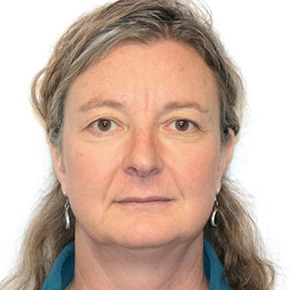
Dr. Susanne Martin Herz
University of California San Francisco
Training grant
Prechtl’s General Movement Assessment Basic Course
I am participating in Prechtl General Movements Assessment (GMA) training in Grand Rapids, Michigan. As Co-Investigator on the Cerebral Palsy (CP) Alliance Research Foundation funded project “Neonatal resuscitation and impact on newborn survival, fresh stillbirth and rates of cerebral palsy and adverse neurodevelopmental outcome,” this training is necessary for my role on the aim to “validate the feasibility and acceptability of the General Movements Assessment (GMA) as a highly sensitive and specific method of predicting high-risk for cerebral palsy.” More broadly, as a mentor to pediatricians who are building neurodevelopmental clinical and research programs in low- and middle-income countries (currently in Ethiopia, the Gambia, Kenya, Rwanda and Zimbabwe), obtaining this training, and later the Advanced GMA training, will be integral to my efforts to improve early identification and access to appropriate interventions for children at risk of cerebral palsy in these particularly low-resourced environments.
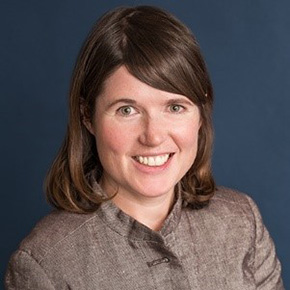
Dr. Danielle Levac
Northeastern University
Small equipment grant
Taking Virtual Reality ‘On the Road’: A Mobile VR System to Explore Motor Learning in Children With Cerebral Palsy
Rehabilitation for children with cerebral palsy (CP), the most common cause of pediatric disability and a significant public health burden, increasingly involves motion-controlled games in virtual reality (VR) environments. The goal of research in the Rehabilitation Games & Virtual Reality Laboratory at Northeastern University is to identify the optimal practice conditions for children’s motor skill learning in these immersive environments. We use the HTC VivePro head-mounted display, a gold-standard VR system in which children use full body movements to interact with 3-D virtual objects while receiving audiovisual feedback in motivating and engaging virtual environments of our scientific design. This equipment enables our research team to test motor learning processes in children with CP and to precisely measure performance outcomes. To meet our goal of moving our research out of the lab and into the community – hospitals, clinics and children’s homes – we require a mobile VR set-up, including a powerful gaming laptop. This equipment will enable us to a) better understand how children with CP learn new movement skills in VR and how these skills transfer to the real world and b) involve a greater number of children with CP in our research, because we can bring our equipment to them. We have established procedures for protecting and caring for this VR system during travel and use. By bringing our research to hospitals and clinics, we will enable future collaborations with physicians and therapists, and provide support and training for those interested in integrating VR into clinical care.
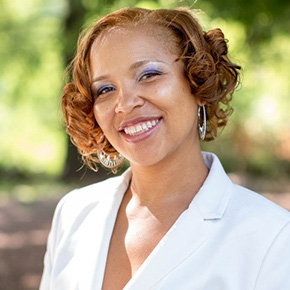
Dr. Nia Mensah
Long Island University
Travel grant
Belize International Outreach: Volunteer Outreach Trip for PT and OT students
Since 2015 students from both the Occupational and Physical Therapy programs at LIU Brooklyn spent their spring break in March helping children with special needs in Belize—a country in Central America with a population of over 380,000 people but without any occupational therapists and only one physical therapist. Students and faculty worked in conjunction with the Inspiration Center of Belize, an NGO that provides physical and speech therapy, community-based rehabilitation, basic medical services and social support for the care of children with disabilities up to the age of 16. With a professor on hand, the students split into teams that rotated between handling patients at the center in Belize City and going to rural villages about an hour or two from the city. We evaluate the children and come up with practicable solutions that the parents can carry over.
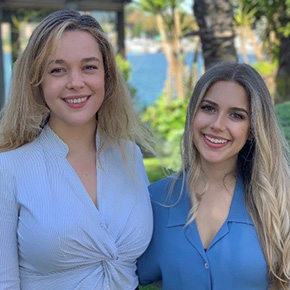
Katherine Herman & Juliette Schmidli
Otis College Of Art and Design
Travel grant
Improving well-being in Malawian children with Cerebral Palsy through training programs teaching caregivers low cost APT equipment construction
In Malawi, children with Cerebral Palsy (CP) have limited treatment options available due to a lack of resources and minimal to no education about its causes and effects. This deficit usually results in unconventional practices such as propping children in corners for stability, because proper equipment is either too expensive or not available. This project measures the effectiveness of developing and distributing customizable Appropriate Paper-Based Technology (APT) chairs in training workshops to function as medical equipment. The APT technique is a process of stacking layers of corrugated cardboard with glue, then wrapping and sealing them for support. Templated designs are affordable, can be customized by the physiotherapist and product design team, and constructed by the caregiver to provide at-home support for their child. Physiotherapists will be able to evaluate the child’s progress and APT effectiveness in bridging the gap between in-clinic and at-home care.
